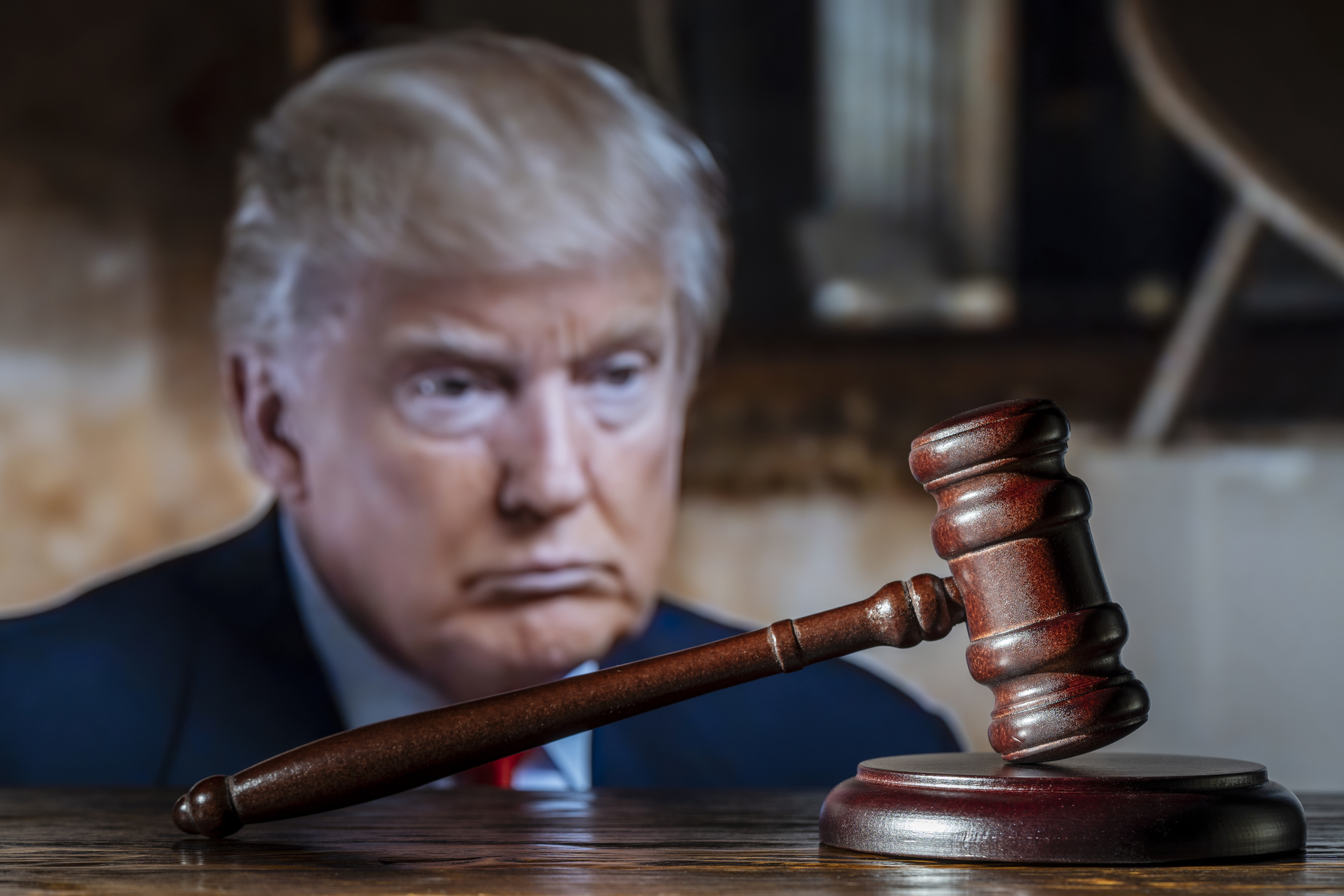Supreme Court’s immunity ruling gives Donald Trump a weapon to fight off charges

Presidential candidate Donald Trump may have just got the special weapon he needs to fight the criminal offences that he has been charged with.
The ruling states that Trump enjoys “absolute” presidential immunity for “his core constitutional powers” but no immunity for unofficial acts, and not everything the president does is official.
This gives Trump the chance to defend himself in two pending federal cases against him as well as his state prosecution in Georgia.
It also gives him ammunition to challenge his conviction on felony charges in New York.
Trump lawyers to use Supreme Court ruling
His lawyers plan to use the Supreme Court ruling to combat his indictment over 30 felony counts of unlawfully retaining national defence information and obstruction for allegedly attempting to interfere with the government’s attempt to retrieve the materials.
His lawyers plan to say that the classified documents that came into his possession and were hidden at his golf club in Bedminster, New Jersey, and his Mar-a-Lago estate were official acts and are shielded by presidential immunity.
The federal judge overseeing the case, Aileen Cannon, is yet to hear arguments as to whether the case can be tossed out based on presidential immunity.
Trump’s legal team will also use the Supreme Court’s ruling to try and overturn his conviction in New York on 34 felony counts related to the hush money payment.
His lawyers plan to argue that some of the evidence used at the trial falls under official acts. This includes testimony from his former White House aide Hope Hicks and tweets from when he was president.
Professor of Constitutional Law at Loyola Law School, Jessica Levinson, said that there were flaws in their argument.
“Even though you’re the president and you speak to somebody employed by the White House, not every conversation you have is an official act,” said Levinson.
Enjoying this article?
Subscribe to get more stories like this delivered to your inbox.
However, whether these arguments will hold up in court remains to be seen. Opinions from scholars and the legal fraternity abound that this ruling will set a dangerous precedent for future presidents and possibly Trump himself if he wins the next election. It may embolden him to carry out possibly nefarious acts under the guise of it being official business.
Princeton University professor Julian Zelizer, who studies political history, said, “Over the long term, I think it will broaden what presidents are willing to do because they will see that there’s a grey zone that the Supreme Court laid out.”
Senior Writer
